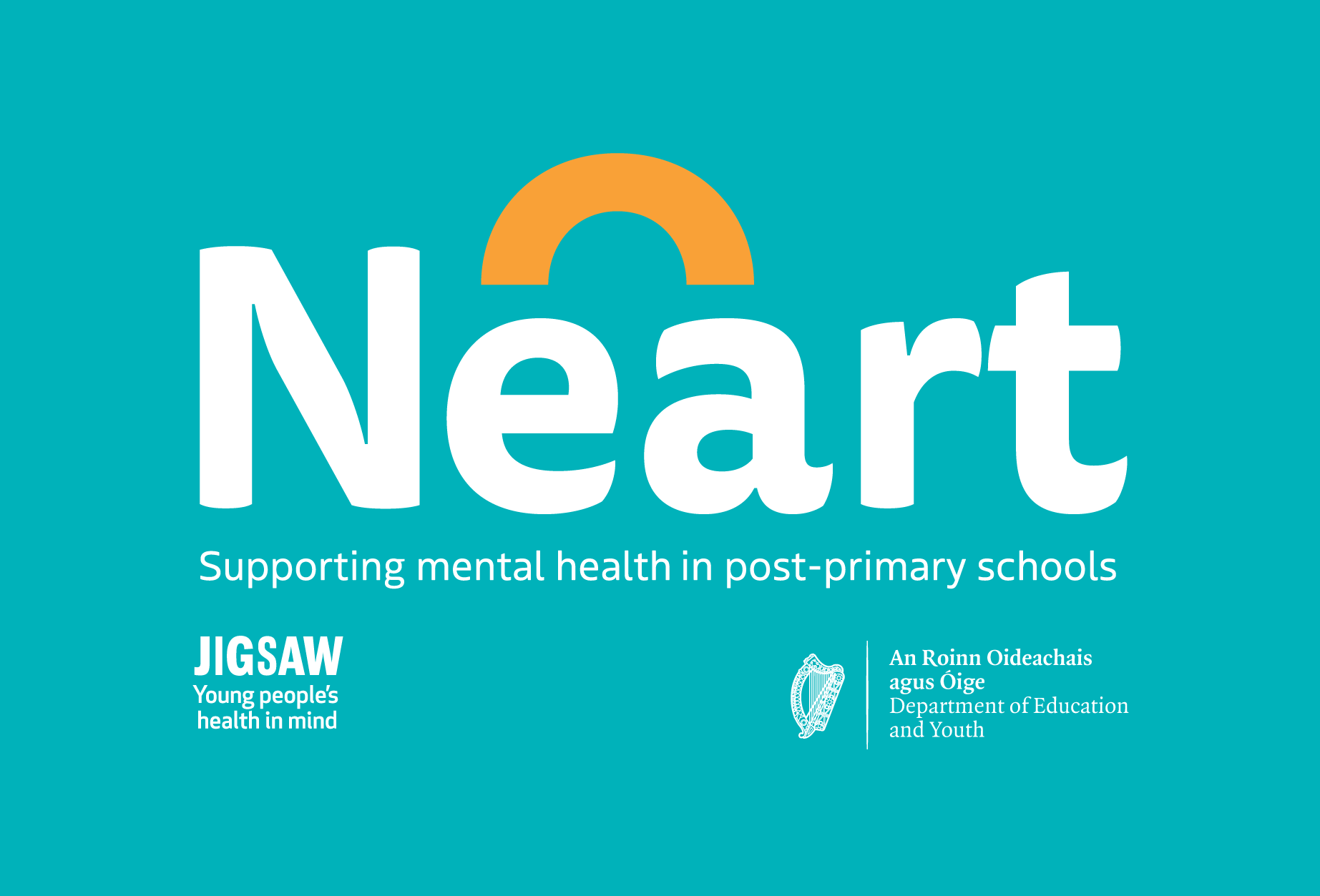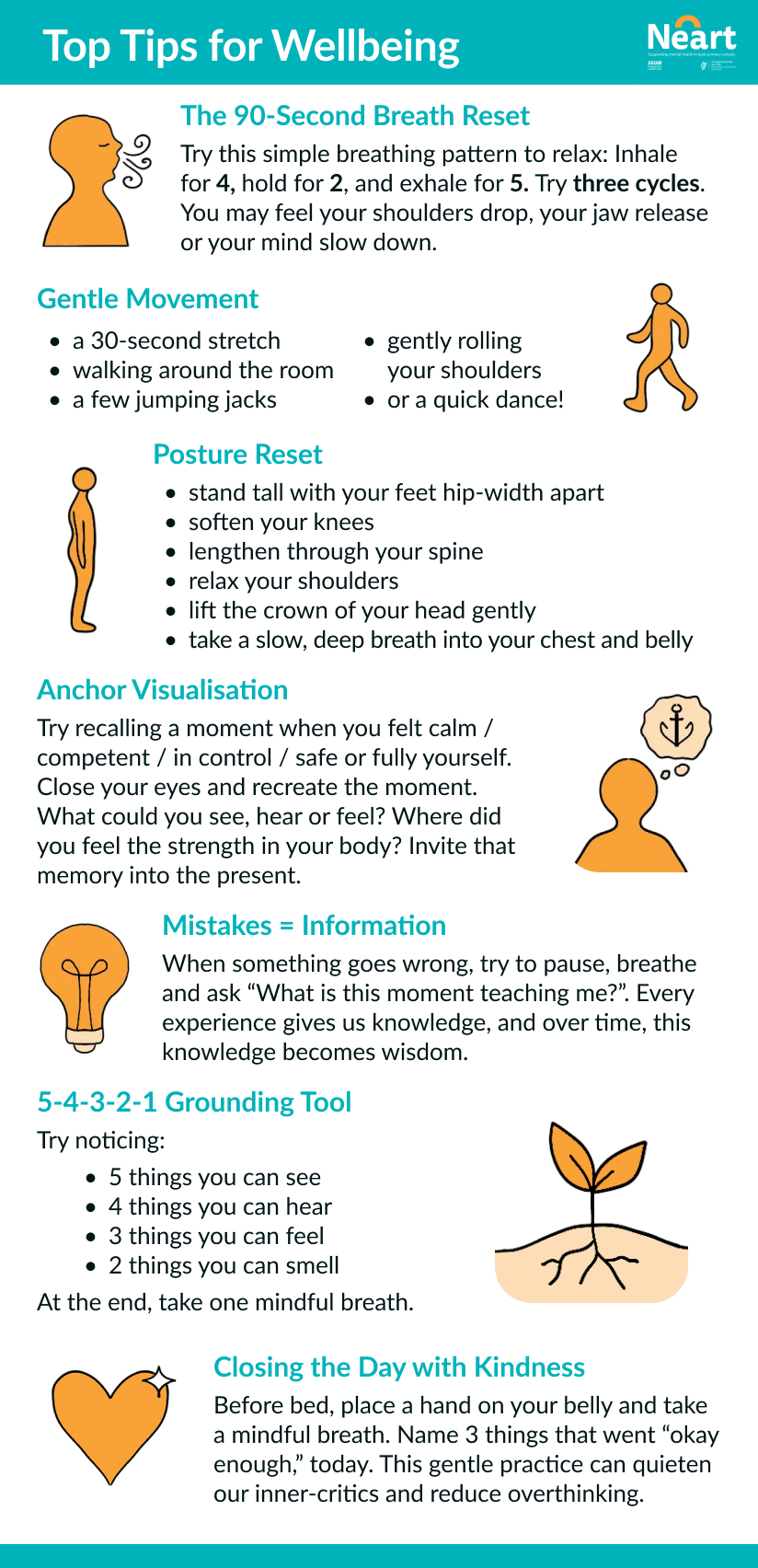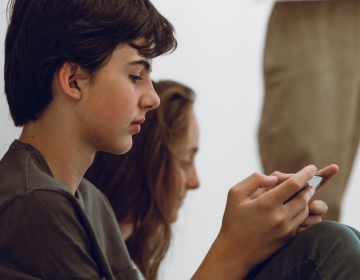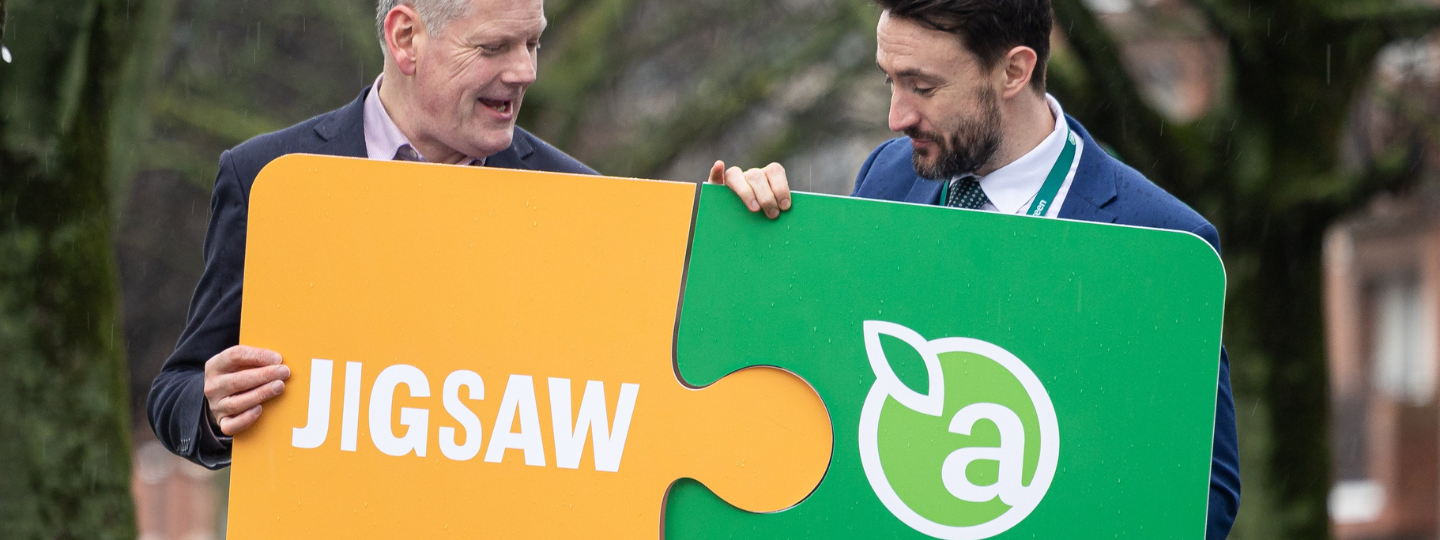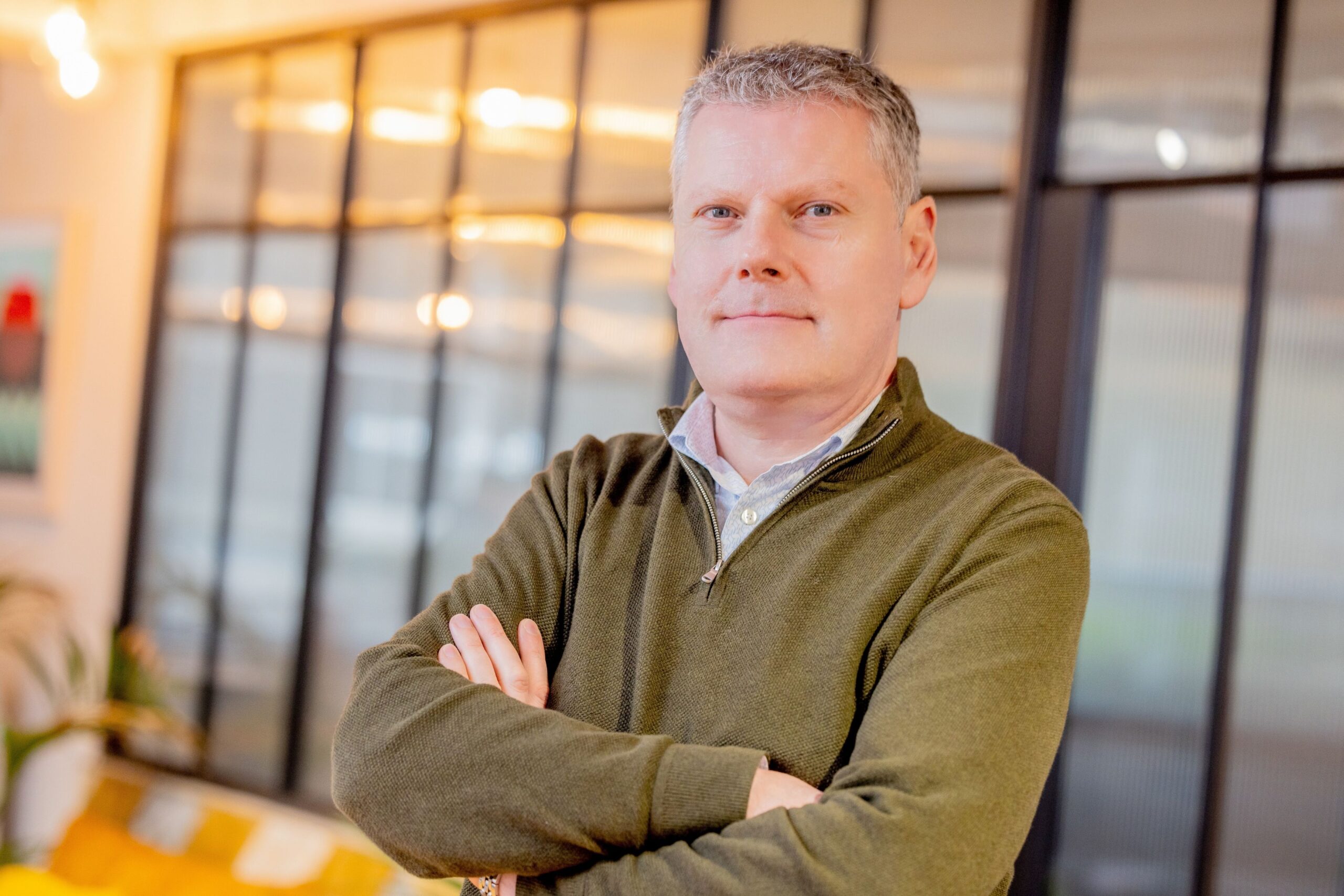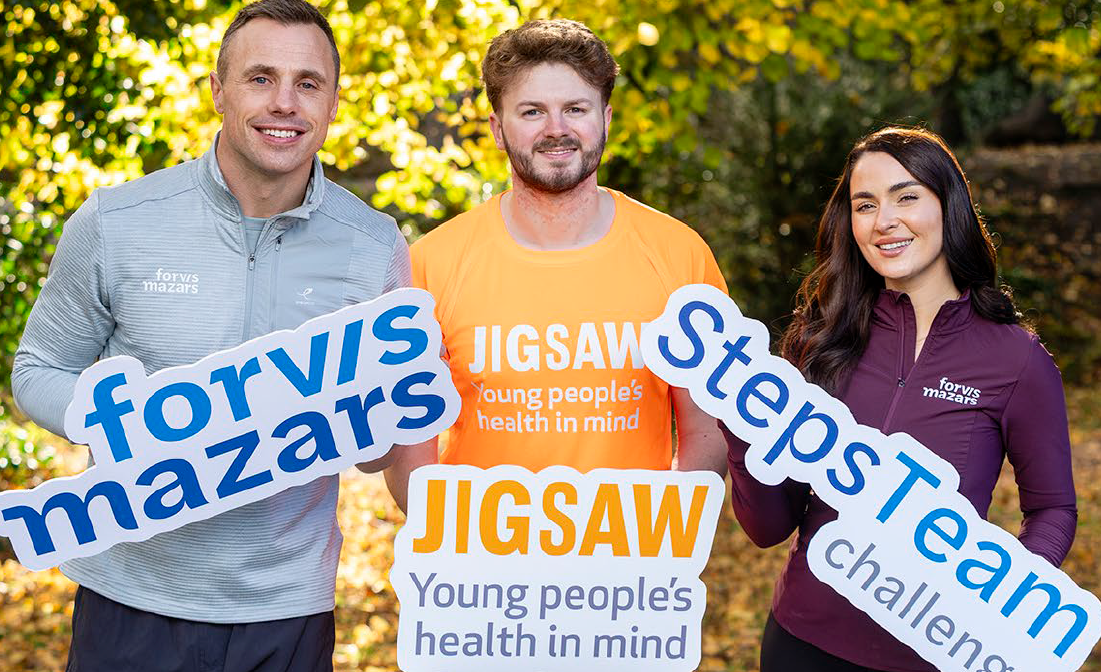Opening statement to the Joint Committee on Health on issues relating to Access to Child and Adolescent Mental Health Services from Jigsaw.
Dr Joseph Duffy CEO of Jigsaw – Wednesday 28 January, 2026 Committee Room 2, LH2000, Leinster House.
Introduction:
Jigsaw warmly welcomes this opportunity to contribute to the vital work of the Oireachtas Joint Committee on Health relating to Access to Child and Adolescent Mental Health Services. I am joined this morning by my colleagues Jigsaw’s Sarah Cullinan, Director of Services, and Jason Smith, Clinical Director.
Established in 2006, Jigsaw has, with the invaluable support of the HSE, philanthropy and other donors, established a track record in achieving better mental health outcomes for young people by providing a range of community based and primary care mental health services and supports. As an organisation at the forefront of understanding the mental health needs and experiences of young people, we believe we can add value to this discussion.
As you know only too well, Ireland’s current youth mental health system is increasingly under pressure – over-stretched, under-resourced and under a constant strain of demand. Funding is too low. Integrated care remains largely an aspiration and often where you live dictates the care on offer.
And yet, behind a discourse increasingly dominated by ‘demand’, ‘systems’ and ‘funding’, are young people struggling to cope and parents left to shoulder the pain.
Demand for our Jigsaw services across the country is at an all-time high.
In 2025, we had the highest ever number of referrals to our services around Ireland. Over 11,000 (11,064) young people were referred to us for support, an increase of 23% on the previous year (8,982).
The solutions to addressing the crisis we are facing are complex, but there are positive signs.
At Jigsaw, we are seeing significant progress regarding wait times. 2025 data shows the average time to get an appointment drop from 9 weeks to just 3. Through a large-scale change management process, we have introduced, and seen huge benefit from, a new Electronic Health Record, we have rolled our single session therapy model across the network and we have improved access into Jigsaw. The journey was not easy, but it has highlighted that change in how we deliver our services is possible. And it is needed, now more than ever.
Alongside this, we warmly welcome the development and work of the Child and Youth Mental Health Office, established by the Minister for Mental Health Mary Butler in September 2023. The office’s recently published Child and Youth Mental Health Action Plan points to a number of encouraging commitments, including the development of a single point of access, the implementation of an electronic health record, improved integration and more. Alongside the Action Plan, the updated CAMHS Operational Guidelines, launched in December 2025, puts in place a clear commitment to improved consistency, enhanced referral processes and more.
Yet, if we are to address the crisis facing our young people’s mental health, we need to look beyond CAMHS.
Jigsaw strongly believes, as is outlined in our national mental health policy, Sharing the Vision, we need to augment resourcing for primary care mental health so that there is better access; better information on where to access supports and better integration of primary care with secondary/specialist care system.
Core to the Jigsaw model are our early intervention primary care youth mental services; services that are designed to be safe and compassionate spaces in and of the community, that offer quality care to a young person when and where they need it most.
We need mental health supports that are accessible, free, where they do not require a referral, and that people can move in and out of as they need, such as Jigsaw. If more primary care supports existed, such as full national coverage of Jigsaw, it would facilitate earlier identification of mental health difficulties and earlier intervention.
The more advanced our primary care supports are, the less the likelihood of inappropriate referrals going to the secondary/specialist care system, causing increased delays and further ‘clogging up’ an already-stretched system.
The central ingredient that would transform our youth mental health system is early intervention.
If we can intervene as early as possible, we can help support young people and reducing severe distress and increased demand on acute services. Far more attention, at a policy and funding level, needs to be devoted to preventing mental ill-health, rather than intervening as it arises.
As such, we must – at a minimum – increase mental health funding in line with the Sláintecare recommendation of 10% of the overall health budget – it is simply not good enough that just over 5% of our total health budget is ring-fenced for mental health in Ireland.
Conclusion
While much remains unpredictable, what is crystal clear to us here in Jigsaw is that increased investment, improved integration and a sharper focus on early intervention are now needed if we are to make a meaningful difference to the mental health and wellbeing of Ireland’s young people.
At Jigsaw, we are fully aware that the factors behind our increasingly stretched youth mental health system are complex and multifactorial. However, we need to grasp the opportunities at hand in addressing the challenges before us.
Lastly, if I could conclude with three key points:
- Addressing the challenges within CAMHS alone will not address the youth mental health crisis we are in.
- Any conversation aimed at addressing the mental health needs of our young people needs a wider lens, looking at the role of the community and voluntary sector, primary care, inter-agency integration, and increased funding.
- And lastly, Jigsaw remains fully committed strengthening the youth mental health system in Ireland and in supporting the important work of this committee and of the challenges that face us all in this hugely important area.
Thank you for your attention, we warmly welcome any questions you may have.
Dr Joseph Duffy
CEO Jigsaw
